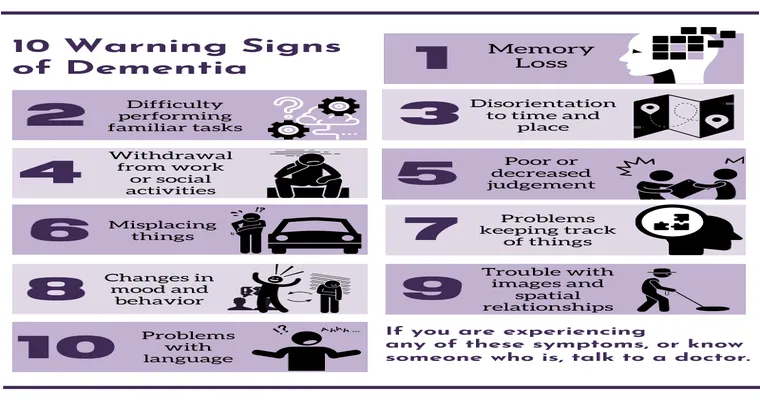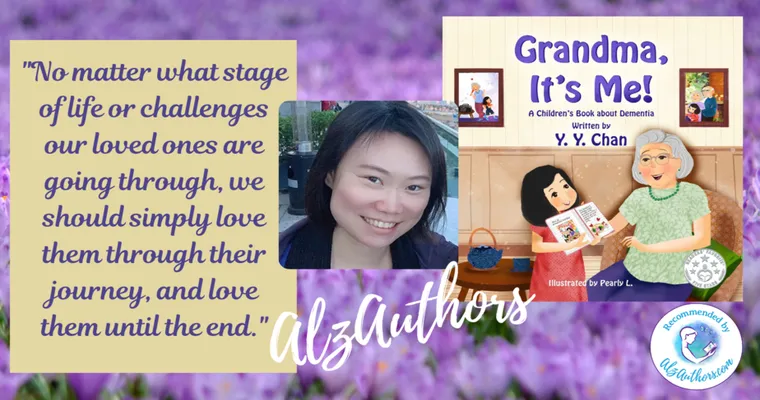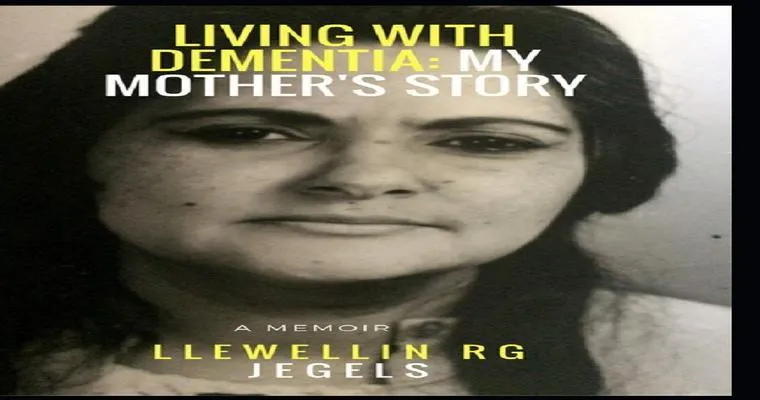In recent years, the relationship between "music" and "dementia" has garnered significant attention, highlighting the profound impact that "music therapy" can have on individuals living with cognitive decline. A compelling story from the "CBC" illustrates this connection, showcasing how familiar melodies can trigger memories and emotions in those affected by dementia. This narrative not only sheds light on the therapeutic potential of music but also offers hope and realism for families navigating the challenges of this condition.
The CBC report emphasizes the transformative power of music, particularly for those in advanced stages of dementia. As cognitive abilities wane, many people find it increasingly difficult to communicate verbally. However, music often remains a vital link to their past. This phenomenon is rooted in the way our brains process music. Even as other cognitive functions deteriorate, the areas responsible for musical appreciation and memory can remain intact. This explains why individuals may respond positively to songs from their youth or significant life events.
In many care facilities, "music therapy" programs are being implemented to enhance the quality of life for residents. These programs often involve sing-alongs, personalized playlists, and live performances. Families have reported seeing their loved ones light up at the sound of a familiar tune, showing brief moments of clarity and joy. These interactions not only provide comfort but also foster connections between caregivers and patients, bridging the gap created by the disease.
While the positive effects of music are evident, it is crucial to approach this topic with realism. Music therapy is not a cure for dementia, nor does it work the same for everyone. Each individual’s response to music varies based on personal history, preferences, and the progression of their condition. Caregivers and families must remain adaptable and observant, tailoring musical experiences to suit the unique needs of each person.
The CBC story also highlights the importance of community involvement and support. Local musicians and volunteers often play a vital role in bringing music to those in care. These initiatives foster a sense of belonging and provide social interaction, which is equally important for mental well-being. Engaging with live music can invigorate residents, sparking memories and conversations that might otherwise remain dormant.
In conclusion, the relationship between "music" and "dementia" is a powerful reminder of the resilience of the human spirit. The CBC’s story serves as a beacon of hope, showcasing the positive impact of music while maintaining a realistic perspective on its limitations. For families and caregivers, integrating music into daily routines can offer moments of joy and connection, creating a richer, more meaningful experience for those living with dementia. Embracing the potential of music therapy can lead to moments of happiness, reminding us all of the beautiful memories that music can evoke.





